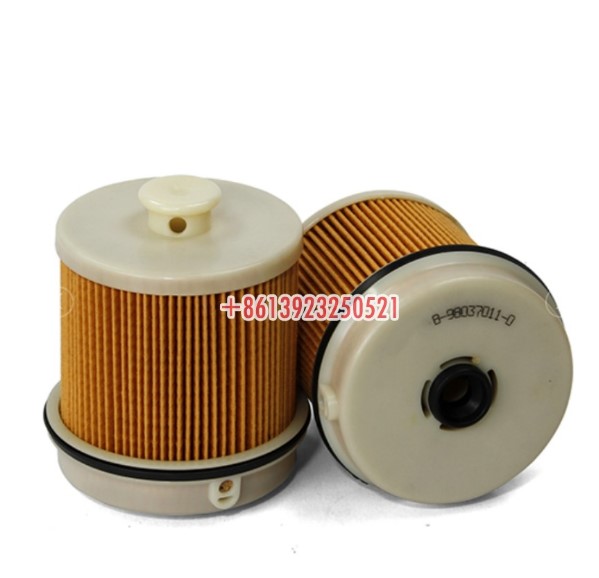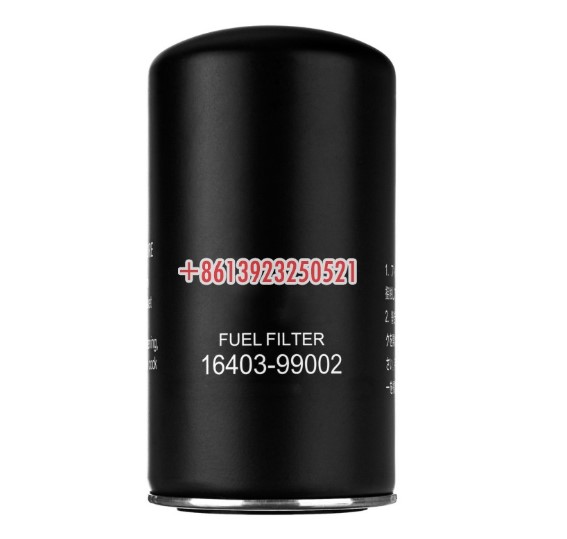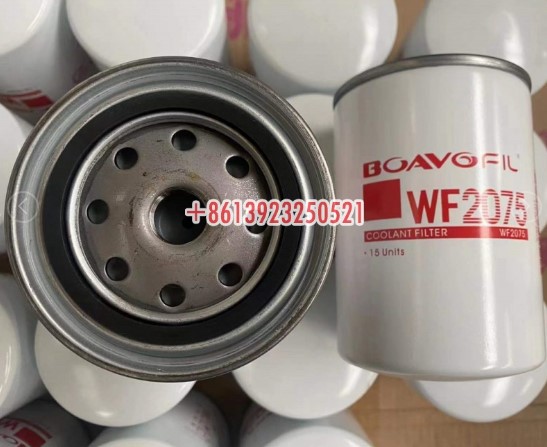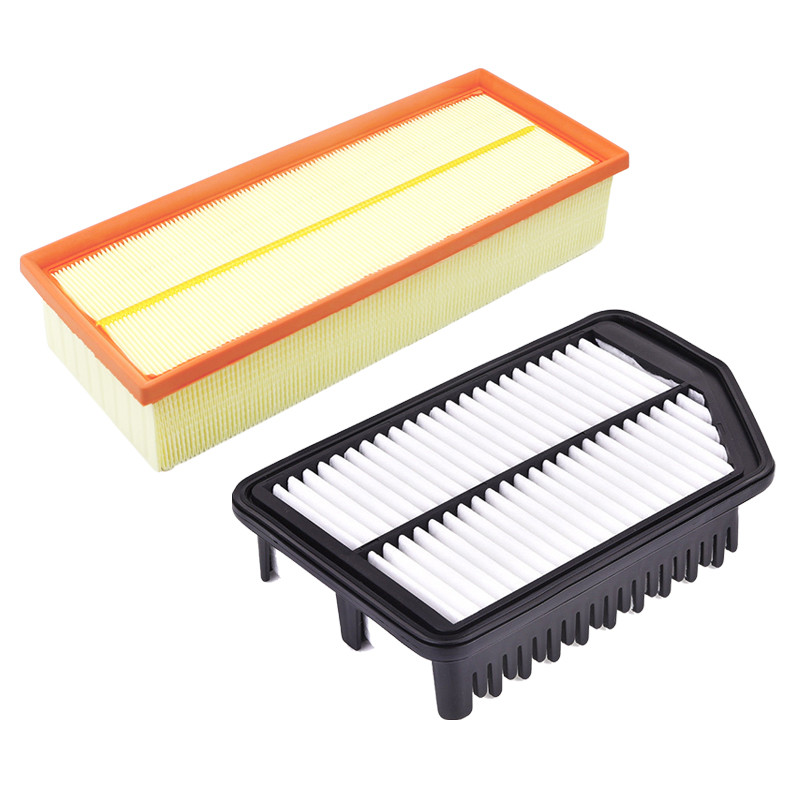Fuel water separators are essential components in engine systems that serve the critical purpose of separating water and contaminants from the fuel. Fuel water separators assist guarantee clean and dry fuel reaches the engine, reducing potential damage and preserving maximum performance by successfully eliminating these contaminants.
Primary Function Of Fuel Water Separator
The primary function of a fuel water separator is to remove water from the fuel. Water can find its way into the fuel system through various means, such as condensation, contamination during storage or transportation, or by being present in the fuel itself. The presence of water in the fuel can cause several problems, including reduced engine efficiency, corrosion, microbial growth, and the formation of ice crystals in cold temperatures.
Furthermore, fuel water separators catch and remove additional impurities in the fuel, such as dirt, rust particles, and sediments. If these impurities enter the engine, they can block fuel injectors, damage fuel pumps, and cause overall engine performance concerns.

How Do Fuel Water Separators Work?
Fuel water separators are designed to remove water and contaminants from the fuel before it reaches the engine. To guarantee that only clean fuel is fed to the combustion chamber, they use a variety of filtering and separation processes. Let's explore the working mechanism of fuel water separators in more detail:
Coalescing Filtration
One of the primary methods used by fuel water separators is coalescing filtration. This process involves the use of a specially designed filter media that attracts and captures water droplets suspended in the fuel. The filter medium is normally hydrophobic, which means it repels water and enables only fuel to flow through.
As the fuel passes through the filter media, the water droplets coalesce, or merge, into larger droplets due to their attraction to each other. Larger water droplets grow heavier and separate from the fuel, finally settling at the separator's bottom. The segregated water is then evacuated from the system via a drain valve.

Centrifugal Separation
In addition to coalescing filtration, some fuel water separators also incorporate centrifugal separation to enhance the water separation process. This approach separates water and impurities from fuel by using the idea of centrifugal force.
The fuel is directed into the separator at a tangent, creating a swirling motion within the separator. Due to the difference in density, the heavier water and contaminants are forced toward the outer edges of the separator, while the lighter fuel remains closer to the center. The segregated water and pollutants are subsequently collected and discharged via specialized outlets.

Additional Filtration
Apart from water separation, fuel water separators often include additional filtration stages to remove other types of contaminants present in the fuel. These pollutants may include dirt, debris, rust particles, and other impurities that might impair engine performance.
Secondary filtering stages are often comprised of the use of tiny filters or cartridges that catch and hold smaller particles. These filters are built to have a high dirt-holding capacity while yet allowing for optimal fuel flow rates.
Conclusion
Fuel water separators are vital components that safeguard engines from the harmful effects of water and contaminants in the fuel. Their installation and proper maintenance are essential for engine longevity and performance. If you are looking for a high-quality fuel water separator, COOBELL can help you. Come and get more product details from our websites now!


.jpg)
.jpg)
